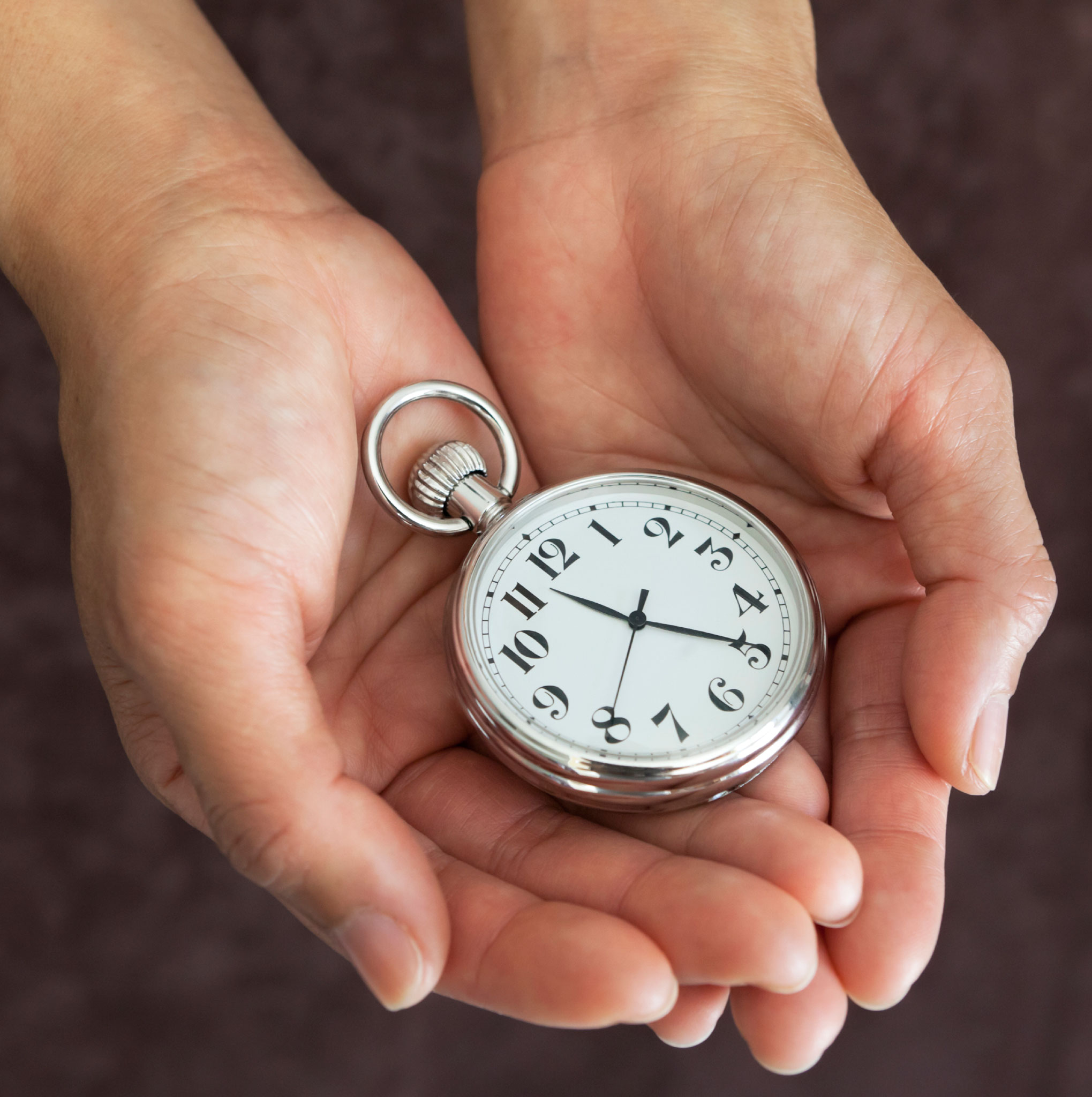
The courts should treat victims of child abuse sympathetically in relation to time limits, says Richard Scorer
In the past 20 years, as awareness of the abuse of children in institutions has grown, there has been a significant expansion in the numbers of civil claims for damages brought by survivors of child abuse. These claims are personal injury claims, ie the victim seeks compensation for the physical and mental harm caused by childhood abuse. This raises a difficult dilemma regarding time limits. In England and Wales, most personal injury claims attract a limitation period of three years from the date of accrual of the cause of action, although the three-year period does not start to run until the claimant turns 18. However, many child abuse claims are brought as historic or “non-recent” cases: although the abuse occurred in childhood, the action is brought many years—in some cases decades—after the alleged abuse. So to what extent should the time limits in child abuse claims mirror those in other forms of personal injury litigation? Should victims of child abuse be treated differently and more sympathetically in relation











